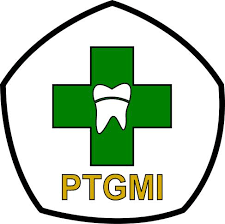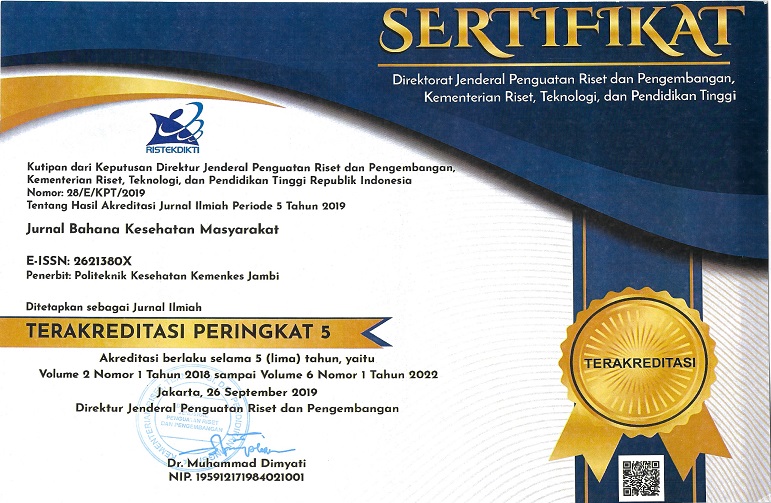HOSPITAL RE-ADMISSION IN STROKE SURVIVORS: A SYSTEMATIC REVIEW
Abstract
Background. There are very few studies on the factors and causes of hospital readmission in high-risk stroke patients. The aim of this study was to investigate the common causes and patterns of short and long term hospitalization of stroke patients through a systematic review using hospital administration data. General risk factors associated with changes in readmission rates were also examined.
Methods. A literature search was conducted from 15 February to 15 March 2016 using various databases, such as Medline, Embase, and Web of Science.
Results. 24 studies (????=2,126,617) were included in this study. Only 4 studies assessed cause of re-hospitalization in stroke patients with a follow-up duration of 30 days to 5 years. The common causes of re-hospitalization in most of the studies were recurrent strokes, infections, and heart conditions. Common patient-related risk factors associated with increased readmission rates are age and history of coronary heart disease, heart failure, kidney disease, respiratory disease, peripheral arterial disease, and diabetes. Among the factors associated with stroke, stroke index length of stay was associated with increased hospitalization rates, followed by bowel incontinence, tube feeding, and urinary catheters.
Conclusion. Although risk factors and common causes of readmission were identified, no previous studies have investigated the causes and sequence of readmission among high-impact stroke survivors.

























